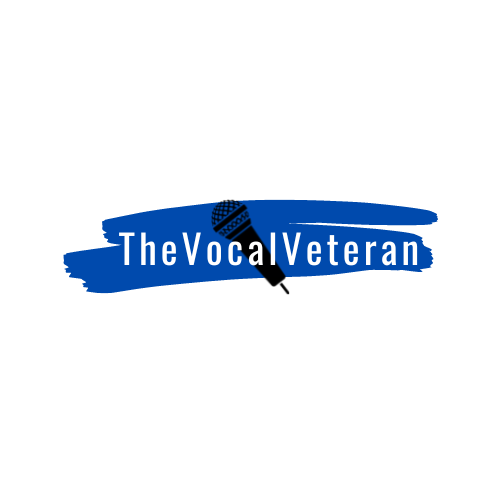Being a veteran advocate is one of the most rewarding roles I have ever taken on, yet it is also a job I wish I didn’t have to do. Today, I’m going to cover three key topics: the rewarding yet challenging nature of advocacy work, navigating the complexity of obtaining hospital records, and guidance on when to seek professional help for filing VA claims.
The Rewarding Challenges of Veteran Advocacy
Over the weekend, I was approached during a walk at a soccer field by someone familiar with my work. They asked if I loved my job, recognizing its rewarding nature. My response was clear: yes, it is extremely fulfilling, and I love what I do. However, in an ideal world, there would be no need for my role. The VA would flawlessly handle claims, and advocates like me wouldn’t need to step in. Yet, that is not our reality.
The presence of veteran advocates is crucial for supporting veterans in navigating a system that sometimes falters. Similar to how people in South Louisiana, where I live, must sometimes hire lawyers to ensure insurance companies fulfill their obligations after a hurricane, veteran advocates ensure the VA provides veterans with their rightful benefits. I’m here to help veterans make a compelling case to get the correct service connection or rating they deserve.
Understanding the Labyrinth of Hospital Records
A recent discovery has highlighted an important aspect of accessing medical records. If you were hospitalized during active duty on a base, be aware that those records may reside separately from your general service treatment records. While your sick call visits or vaccinations are part of your service treatment records, hospital stays often result in records archived elsewhere, such as in the National Archive hospital database.
Understanding this distinction is essential, especially when seeking service connection for a condition. I encountered this challenge when assisting a client, only to find their critical hospital records were elsewhere. But, thanks to a knowledgeable contact at the National Archive, we located them. If your attempts to retrieve records have fallen short, consider searching the hospital database—you may uncover the missing pieces of your claim.
Knowing When to Seek Professional Assistance
Finally, a conversation with a fellow churchgoer raised an essential question: “Do I need your help?” It’s crucial to understand when to seek professional advice. Initially, veterans should file an intent to claim and request their records from the National Archive. After receiving an initial decision, if the outcome is unfavorable or more support is needed, this is when a veteran advocate like myself can step in.
There are many pathways, including using a Veteran Service Officer (VSO), leading to confusion about where to start. Generally, advocates are most useful if your claim has been denied or the decision feels unjust. Should you find yourself in this situation, resonating with my work, I invite you to complete an application on thevocalveteran.com, and together, we can determine if our collaboration would be valuable.
In conclusion, while I wish my role wasn’t necessary, I’m committed to supporting and advising veterans in their pursuit of justice and recognition. If this guide has been helpful or if you have questions, feel free to leave comments, and I’ll address them in future discussions. Take care, and have a fantastic week.
